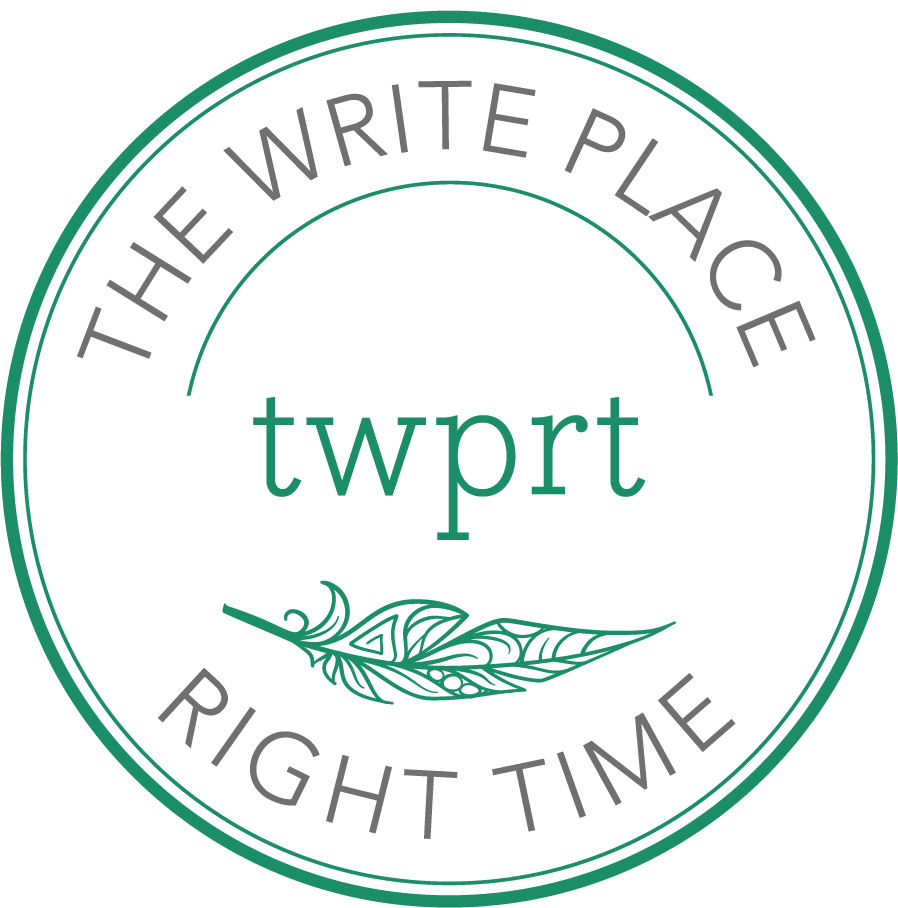I'm getting ready to go to a writing event where for a small fee you can have fifteen minutes to pitch your book project to a literary agent. For those of you in the industry, you know pitching your book to an agent is a big deal and that fifteen minutes is generous. Many places barely give you five. That means, however, the more time you have to dialogue, the more prepared you better be in pitching your book.
For those of you not in the industry, you're probably like "What does that mean, pitching?" and "How the hell do you talk about anything in only fifteen minutes?" My answers to you non-industry folks are these:
- Pitching your book is getting the agent excited about your project by offering one tasty sentence that summarizes your entire work and entices them to ask you questions for the other fourteen minutes and forty-five seconds.
- Also, an agent is your matchmaker with a publisher; they are your salesperson, your go-between, your middle man and they are important! You don't want to screw this up!
- As I've said in another post about pitching and preparing for this kind of event, the agent is like a literary Simon Caldwell and you are the no-name who got through to the tryouts; you've got one, quick chance to bedazzle him and ensure he passes you through to the second round.

2.Fifteen minutes can feel like a really long time if:
-
- It's not going that well;
- You know your project so well that you can answer their questions efficiently which leaves the remaining time seemingly slow because the worst part (the first initial sentence about your book) is now over, you're not as terrified, and you've noticed your armpits aren't sweating as much and moisture is returning to your mouth.
Now that we are all on the same page, I'm going back to the beginning.
I'm getting ready to go to a writing event where for a small fee you can have fifteen minutes to pitch your book project to a literary agent. I've purchased two pitch slots. One slot is to pitch a children's book and another to pitch my memoir. Two different books, two different agents. And since these books are not in the same genre, and the agents are completely different people and from different agencies/publishing houses, they require each their own preparation.
Yes, my dear writers who are specifically reading this post because you, too, will be doing this someday, pitching your book to an agent requires preparation.
Much like preparing for job interviews. If you are going on two different interviews at two difference companies for two different positions than you need to prepare for each. You cannot just wing it by offering the same line at each. At least not if you want to be successful. But in some ways if you're a prepared and learned candidate up against a list of unprepared and flighty candidates than they've just helped you out. They've made you look a whole lot better.
You totally know where I'm going with this. Just like those candidates for those open positions were easy for the prospective employer to pass on for the job, so are those writers who don't do their homework. When writers don't spend the time they should simply following instructions, they are making it really easy to be denied and also helping their competition who is more prepared. I'll say it again. Pitching your book to an agent requires preparation. And, truthfully, a little bit of common sense mixed in with a healthy dose of professionalism.
But, I mean, if you don't want to bother preparing for pitching your book, I thank you! No, I mean it.

By not following directions and not taking yourself seriously, you seriously help me out. All of a sudden I look really good with very little effort, because you didn't come through just on the basics. That gives me a leg up. Sure, I've still got to impress on my own merit. Sure, there's still room for my own error, but perhaps my error will be overlooked by the fact that I covered the small, common sense items that you ignored.
What do I mean?
For starters, here are three pointers for pitching your book to an agent in-person:
- Know who you are pitching to and what they represent.
- If you've got a romance novel, don't pitch to an agent who exclusively deals in children's books.
- Don't sign up for all the agents because you can and with hopes that this somehow increases your chances at least one of them will sign you.
- Contracts don't happen this way, for starters, which means you need to go and do your research on the business.
- They'll notice that you didn't distinguish between them and thus, don't care what they individually have to offer.
- Consequently, they may perceive that behavior as you only want to get a deal and aren't serious about making the right decisions for your work.
- Get to the point.
- The clock starts immediately, don't waste it on long-winded introductions, general asides, or small talk. They are there to hear about your book. Tell them that first. Then let their response to the pitch dictate the direction of the dialogue.
Now, you know what these three pointers boil down to? Following directions and taking yourself (and this business) seriously.
And at this point of the project's life (when you're pitching your book) it's about business, not art. Where are the directions? Some of you are asking. I can hear you out there anxiously wanting the golden ticket to push you through the door marked 'published.'

The directions on pitching your book are found in the thousands of blog and social media posts, articles, books, podcasts, and Youtube videos across thousands of websites, blogs, bookstores, libraries, magazines, and other media that are widely available to aspiring writers.
You can even leave the comfort of your home.
Yes. Go to a bookstore, or library and attend conferences, seminars, presentations, readings, book signings, literary festivals, and any other gathering where experienced authors are speaking or in attendance for the purposes of networking and professional (publishing) development.
Lastly, you can phone a friend. Know someone who is published? Call them. Email them. Text them. Whatever. Get in touch. Have a conversation. Pique their brain for the answers. Don't know anyone? Find someone. Hint: social media.
There are so many resources (seriously click that link and see how many search results came up) for an aspiring writer to tap into. And these resources literally have the do's and don'ts. Now each agent is different. So what works for one won't work for another. BUT. When you actually start reading about how to prepare for pitching your book or writing a query, you'll find that regardless of their individual preferences they all align on some very basic rules:
- Do your homework.
- Follow directions.
Frankly, there are few excuses for not knowing or not being prepared for pitching your book to an agent in person or in writing. Sure you can goof up the actual application of any of these things because of nerves or any number of other factors. But you have to at least know the basic rules of the industry. You have to be willing to learn it. You have to take yourself seriously enough to invest the time in learning and knowing. Your writing doesn't get done by wishing for it. Neither does getting published. It takes work. It takes effort.
Both of those require reading. Both of those require following directions. It all requires that you give a damn.
Though I am happy to be ahead of some of you because it's less people to compete with, I truly don't want anyone to fail at something they believe they are meant to do. Or, if you're the next J.K. Rowling, I wouldn't want the world to miss you. What would the world be like without Harry Potter? Not a world I would want to live in. So it would be a shame if your talent was not getting realized because you failed to simply research and then try. You're seriously helping me out if you don't, but for your sake, follow directions.
Are you ready for pitching your book to an agent?

